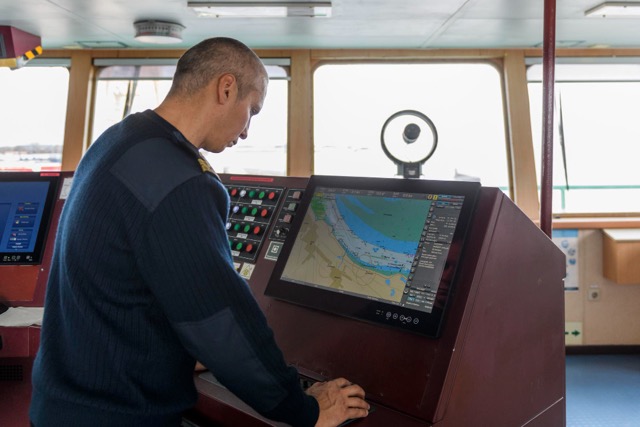The UK’s ambitious reform of maritime cadet training has received strong backing from the International Maritime Organization (IMO), positioning Britain as a leader in the global push for modernised seafarer education. Spearheaded by the UK Maritime and Coastguard Agency (MCA), the overhaul aims to future-proof cadet training by aligning it with emerging technologies, environmental regulations, and the evolving needs of the maritime industry.
Announced in early 2025, the updated training framework responds to growing calls for the Standards of Training, Certification and Watchkeeping (STCW) Convention to reflect the realities of 21st-century shipping. With decarbonisation targets, automation, and digitalisation reshaping vessel operations, traditional seafarer training is quickly becoming outdated. The UK’s new approach focuses on developing practical, adaptable skill sets, including data handling, green energy awareness, and the use of smart onboard systems.
A standout feature of the programme is its modular structure, allowing cadets to tailor their education to specific career paths within the industry, from LNG-fuelled ship operations to remote vessel monitoring. The reforms also include enhanced simulation-based learning, using cutting-edge virtual reality and AI-driven scenarios to prepare cadets for complex real-world situations.
The IMO has commended the UK’s leadership, encouraging other member states to follow suit. This endorsement not only boosts the credibility of the UK’s training standards but also lays the groundwork for global STCW reform—an effort long overdue.
For maritime colleges, training providers, and shipping companies, the message is clear: adaptability, innovation, and sustainability must be central to crew development strategies. As the shipping industry continues its rapid transformation, the UK’s proactive stance ensures its maritime workforce remains competitive, capable, and compliant on the international stage.
Why Change Was Needed
Many industry leaders have voiced concerns that the current STCW framework, last comprehensively revised in 2010, no longer meets the practical realities of today’s vessels. From LNG-fuelled tankers and hybrid-electric ferries to AI-assisted navigation systems, shipping has advanced—yet training remained largely the same.
The UK’s new model sets out to change that. At its core is a competency-based, modular training system that gives cadets flexibility to pursue specialisms aligned with future roles. Whether it’s operating zero-emission vessels, managing remote ship monitoring systems, or ensuring cybersecurity at sea, cadets can now gain exposure to skills that are relevant and forward-looking.
Green Skills for a Greener Industry
Another vital dimension of the overhaul is environmental responsibility. With the International Maritime Organization’s net-zero targets on the horizon, cadets need a deeper understanding of green fuels, emissions control, and sustainable navigation practices.
New modules on alternative fuel systems (such as hydrogen, ammonia, and battery-electric propulsion), MARPOL regulations, and climate impact assessments are already being piloted. The idea is to not only prepare cadets for compliance but to empower them to drive sustainability from within the shipping companies they’ll serve.
International Recognition and Impact
The IMO’s endorsement of the UK’s approach is significant. It signals growing international appetite for broader STCW reform—and positions the UK as a thought leader in shaping the future of seafarer training. By creating a flexible and modernised framework, the UK is also contributing to greater consistency and quality across international maritime education systems.
This recognition could have long-term benefits for British maritime training providers, shipping companies, and cadets themselves. UK-qualified officers may find enhanced recognition of their credentials globally, and training institutions could attract more international students seeking world-class education.

